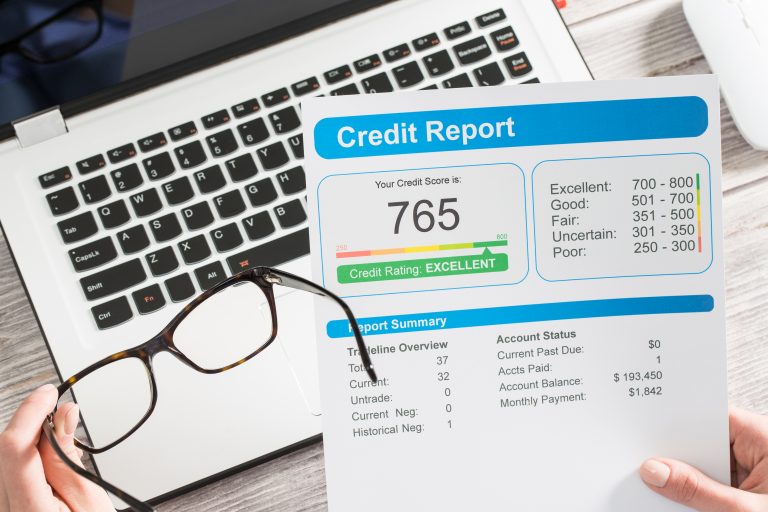Having a low credit score can block you from getting the home loan you want, as well as accessing many other financial resources such as car loans, business loans, and insurance. So, if your credit score is lower than you expected it can come as a rude shock. Fortunately, there are things you can do to get your credit score back on track, and the first step is identifying why your credit score is so low. Here we look at 5 of the surprising reasons why your credit score is lower than expected.
Your Credit Card Carries A High Balance – Even Though You Pay It Off
Even if you are diligent in paying off your credit card balance every month, approaching or reaching the credit limit on your card can count against you when it comes to your credit score. Your credit utilization ratio makes up a heavy 30% of your credit score. Credit utilization is the amount of credit you have used compared with your total credit limit. However, the problem is that your credit card company could report your balance to the credit bureau’s at any point during the month, or even before your balance is paid off. This can send the message that you’re pushing your credit limits too much. Counteract this by making multiple payments through the month to avoid using more than 30% of your credit at any one time.
You Have a New Credit Card or Have Only Just Started Using Credit
Credit scores take time to build up and 15% of your FICO credit score is determined by the length of your credit history. If you’ve only recently gotten your first credit card or loan you will not yet have had enough time to build up a good credit score even if you’ve done everything correctly. It just takes time doing the right thing to build a good credit score.
Likewise, every time you apply for a new credit card or loan you lose some points on your already low credit score. Despite how tempting those reward programs may be, to obtain a good credit score you have to avoid applying for every credit card that looks appealing.
You Have An Account In Collections You Don’t Know About
Whether or not you have paid your bills on time makes up the largest portion of your FICO credit score at 35%. You may think you’ve paid all of your accounts on time, but even one forgotten missed payment can go into collections and end up having a large negative impact on your credit score. The only way to find out if an unpaid account in collections is dragging down your credit score is to review your credit report for negative information. If you find an account in collections on your report, pay it off as soon as possible. The newest FICO scoring model is going to ignore paid collections, so your credit score can recover from this mishap.
You’ve Generated Lots Of Hard Inquiries on Your Credit Score
When many hard inquiries hit your credit report within just a few months it can mean you lose points from your credit score. This usually happens when you’re shopping around for a new loan. Rate shopping is, in fact, a smart thing to do, and the FICO score actually considers all hard inquiries within a 45 day period for a mortgage, auto loan, or student loan as a single credit inquiry. However, if you make several loan applications or credit card applications over a few months it can, in fact, your credit score negatively. That’s because a large number of inquiries often means greater risk. When you’re looking for a new loan plan you’re right shopping wisely so it will impact your low credit score as little as possible.
Your Credit Report Has An Error
A 2013 study by the Federal Trade Commission found that one in five consumers had an error on at least one of their credit reports. This indicates that if your credit score is lower than you expected and you’ve exhausted all other potential causes, it might be worthwhile to investigate whether an error on your report is causing your low credit score.
Boosting or maintaining a good credit card score is essential for financial security and for obtaining the best rate on any loan. When you’re thinking about applying for a loan talk to an expert mortgage broker about what aspects of your credit score might affect your applications, and how to optimize your credit score for the best possible outcome.


